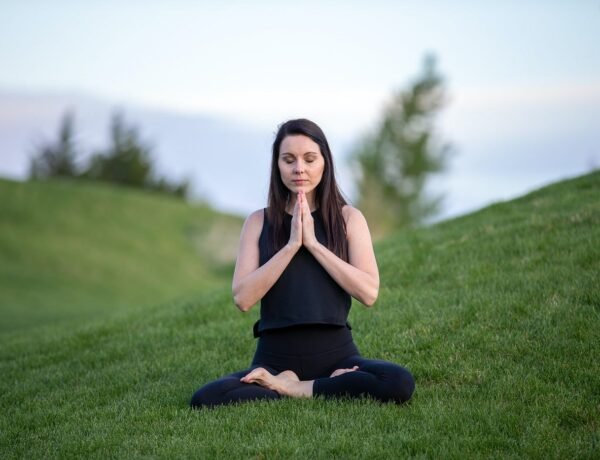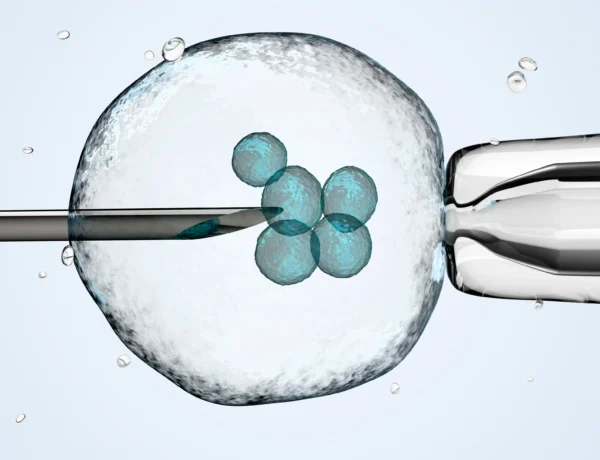Engaging in Minimalist and Sustainable Living: A Conscious Lifestyle Shift in 2025
In 2025, more individuals are rethinking how they live, spend, and consume. The rise of minimalist and sustainable living represents a powerful shift toward intentional living. Driven by environmental concerns, mental clarity, and economic pressures, people are setting lifestyle goals that focus on owning less, wasting less, and living with purpose.
Minimalism as a Response to Overconsumption
Minimalism is no longer just an aesthetic—it has become a mindful response to overconsumption and cluttered lifestyles. As consumers reevaluate the value of material possessions, they’re embracing the idea that “less is more.” This approach encourages individuals to prioritize experiences, functionality, and quality over accumulation and quantity.
Sustainability Shapes Everyday Choices
Alongside minimalism, sustainability is guiding day-to-day decisions. From reusable shopping bags and compost bins to low-waste personal care products, individuals are actively choosing eco-conscious alternatives. These choices reflect a growing awareness of one’s ecological footprint and a desire to align personal values with global responsibility.
Decluttering as a Goal, Not a One-Time Event
Decluttering is now seen as an ongoing goal rather than a seasonal purge. People are creating systems to regularly evaluate their possessions, reduce digital clutter, and simplify schedules. Tools like the 30-day minimalism game or digital detox challenges help maintain momentum, reinforcing the idea that minimalism is a lifestyle, not a trend.
The “Buy Nothing” Movement Gains Momentum
The “Buy Nothing” movement is a standout example of minimalist and sustainable living in action. Participants commit to refraining from unnecessary purchases for a set period, often a month or longer. Instead, they borrow, swap, repair, or do without—fostering resourcefulness, financial mindfulness, and a sense of community.
Community Sharing and Local Exchange Networks
Community is a key pillar of sustainable minimalism. Local sharing initiatives—such as tool libraries, clothing swaps, and food co-ops—are thriving, reducing waste while building stronger social ties. These practices encourage collaboration and create a culture where generosity and reuse replace consumerism.
Digital Minimalism Reduces Mental Clutter
The principles of minimalism have extended into the digital realm, with individuals practicing digital minimalism to reclaim attention and reduce stress. This includes decluttering devices, limiting social media usage, and prioritizing meaningful online interactions. The result is better focus, mental clarity, and more intentional tech engagement.
Sustainable Goal Setting Encourages Long-Term Habits
Unlike short-lived New Year’s resolutions, sustainable and minimalist living fosters long-term lifestyle habits. Goals like “reduce single-use plastic” or “own only what I use” lead to continuous self-reflection and habit-building, creating change that evolves naturally over time.
Ethical Consumerism Aligns with Minimalist Values
For those who do need to buy, ethical consumerism aligns seamlessly with minimalist goals. Instead of fast fashion and impulse buys, individuals are choosing timeless, ethically made products. Brands with transparent supply chains, fair wages, and eco-friendly packaging are now the preferred choice for conscious consumers.
Financial Freedom as a Byproduct of Minimalism
A powerful benefit of this lifestyle is financial freedom. Spending less on material goods allows individuals to save more, reduce debt, and invest in experiences that matter—like travel, education, or wellness. Many adopt minimalism not just for its aesthetic appeal but as a financial strategy rooted in long-term security.
Mental Health and Emotional Clarity Improve
Minimalism isn’t just about stuff—it’s about mental and emotional well-being. Reducing clutter and consumption creates space for reflection, calm, and intentionality. Studies have linked minimalist habits with lower stress, better sleep, and increased contentment, reinforcing its value as a wellness practice.
Sustainable Homes and Eco-Friendly Design Trends
Architects and designers are responding to this shift by embracing sustainable design principles. Tiny homes, modular furniture, natural materials, and energy-efficient layouts are redefining modern living spaces. The goal is to create homes that support minimalist values while reducing environmental impact.
Minimalism Across Life Stages
Minimalist and sustainable living appeal to a wide range of people—from young professionals simplifying post-pandemic lifestyles to retirees downsizing for peace of mind. Each life stage offers a unique entry point into this philosophy, showing that minimalism can be flexible and inclusive rather than rigid or elitist.
Education and Media Fuel the Shift
Social media, documentaries, and books like The Minimalists and Goodbye, Things have popularized the movement, while influencers promote “slow living” and “intentional consumption.” Education plays a key role in helping people understand the environmental and psychological benefits of doing more with less.
Conclusion: Living with Less to Experience More
In 2025, engaging in minimalist and sustainable living is more than a lifestyle—it’s a statement of values and an act of resistance against overconsumption. As individuals set goals to declutter, consume mindfully, and live sustainably, they’re reclaiming time, space, and peace. In doing so, they not only reduce their footprint but also create a life centered on clarity, community, and conscious purpose.


